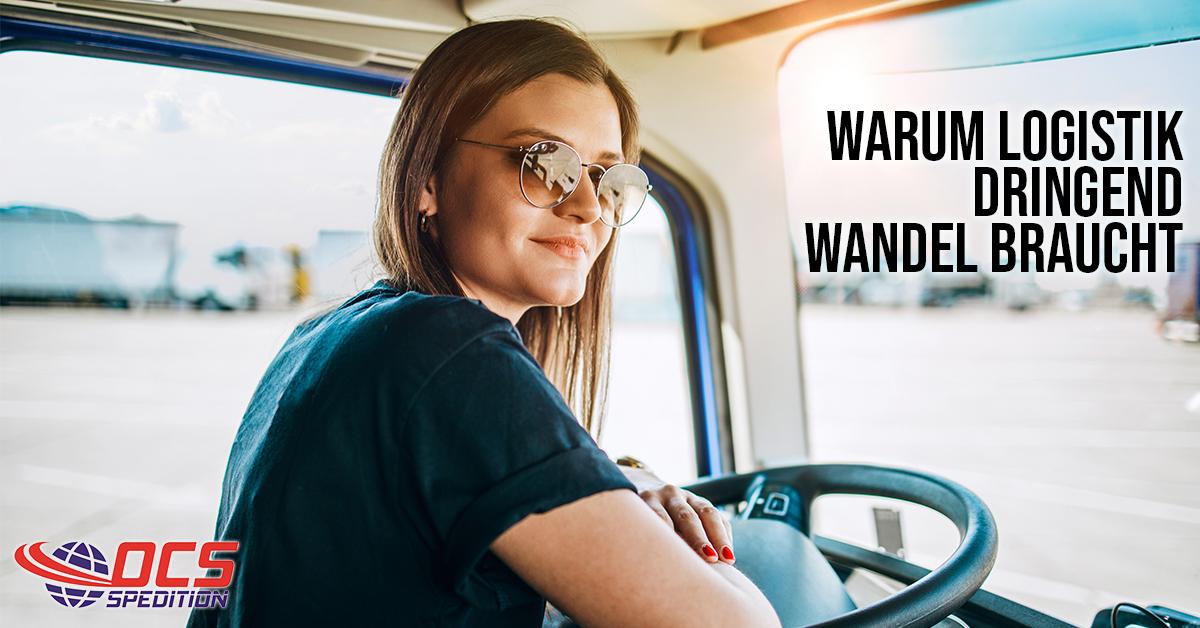The transport costs in logistics are still so cheap that it is worthwhile to relocate production to other EU countries. Many people know and love Hachez chocolate. However, most people don't know Hachez as a brand but only the better-known name Feodora. The chocolate was manufactured in Bremen Neustadt until 2020, but the site is now empty and residential buildings are to be built on the former company site.
Chocolate production was from Germany; Bremen; to Poland; Nowa Sol; relocated. And the Hachez case is not an isolated case in Germany, because production in Germany is becoming more and more expensive and that is not just due to the current inflation or the currently very high energy costs.
The minimum wage in Germany
One of the main reasons why many companies no longer produce in Germany is the minimum wage, which was introduced here on January 1st, 2015 and which will rise to €12.00 / hour from October 1st, 2022. This means that Germany has the second highest minimum wage in the EU ; Only Luxembourg has a higher hourly wage at €13.05/hour. If you look at Eastern Europe in this regard, you will see that the minimum wage there is between €6.21 / hour (Slovenia) and €2.00 / hour (Bulgaria). This range is very large, but the EU cannot influence it, as the states decide on it sovereignly and the minimum wage is not subject to a uniform EU directive. Personnel costs are a major influencing factor for logistics costs. An EU-wide uniform minimum wage for truck drivers is already being discussed, but has little chance of success in the short term because the tax and social systems also have to be taken into account and these are very different in the individual countries.
One advantage of an EU-wide minimum wage for truck drivers would be that competition on the transport market would become more transparent.
One disadvantage is that transport prices rise overall, meaning the end consumer has to pay more for individual products. The consequence of this would be a further fueled inflation rate.
Transport prices cheap
The striking differences in minimum wages are also the reason why transport logistics through the EU are still cheaper than producing in Germany, for example. The best example of this are the crabs that, caught in Germany, are still transported to Morocco to be peeled there. The peeled crabs then come back to Germany the same way to be packaged and shipped ready for consumption.
Since there is a shortage of personnel everywhere, there are too few cabotage checks taking place, as might be necessary to prevent irregular cabotage transport.
Theoretically, the different minimum wages in the transport sector should not play this role, because the legislation stipulates that a cabotage transport driver should receive the minimum wage of that EU country as an hourly wage for the duration of his stay in another EU country.
However, due to the state law powers of the control bodies, it cannot be guaranteed that truck drivers are paid properly.
Low appreciation of transport logistics
In general, it should be noted that transport logistics extremely important , but is still underestimated. Because who doesn't know it: you're driving on the motorway and suddenly a truck overtakes another because it's just 5 km/h slower than the overtaking vehicle. Even image slogans on trucks are of little help if you, as a driver, feel slowed down by these maneuvers.
The situation is similar with rail transport. Here, Deutsche Bahn has the image that it is always late anyway. This is also the case in freight transport, as this always has to give priority to passenger transport. So if delays are already commonplace in passenger transport, this is even more the case when it comes to freight transport.
Sea freight is slow compared to air freight or road transport because ships, for example, need 3 weeks to get from Asia to Europe. In addition, inland shipping is heavily dependent on river levels. However, ships have the advantage that they can transport significantly more goods at once than a truck or plane could. For example, the largest container ship can load 24,000 TEU, where one TEU corresponds to a 20' container. Here, however, container prices, which have risen exorbitantly since Corona at the latest, are making negative headlines.
OCS in this context
Even in these difficult times, OCS remains competitive, not least thanks to its decades of know-how in the transport sector. A well-established network of reliable transporters, motivated and well-trained employees and an appreciative approach to customers also ensure that all transports are carried out reliably, qualified and on time.
This is also shown by the consistently positive feedback from OCS customers, who regularly receive support and enthusiasm in the transport areas of Scandinavia, Asia and Eastern Europe, be it by train, truck or ship.
Of course, OCS and its partners ensure that they comply with legal regulations in order to ensure fair competition.
Quote from Dennis Braun: “This guarantees the satisfaction of our customers and justifies fair prices.”






